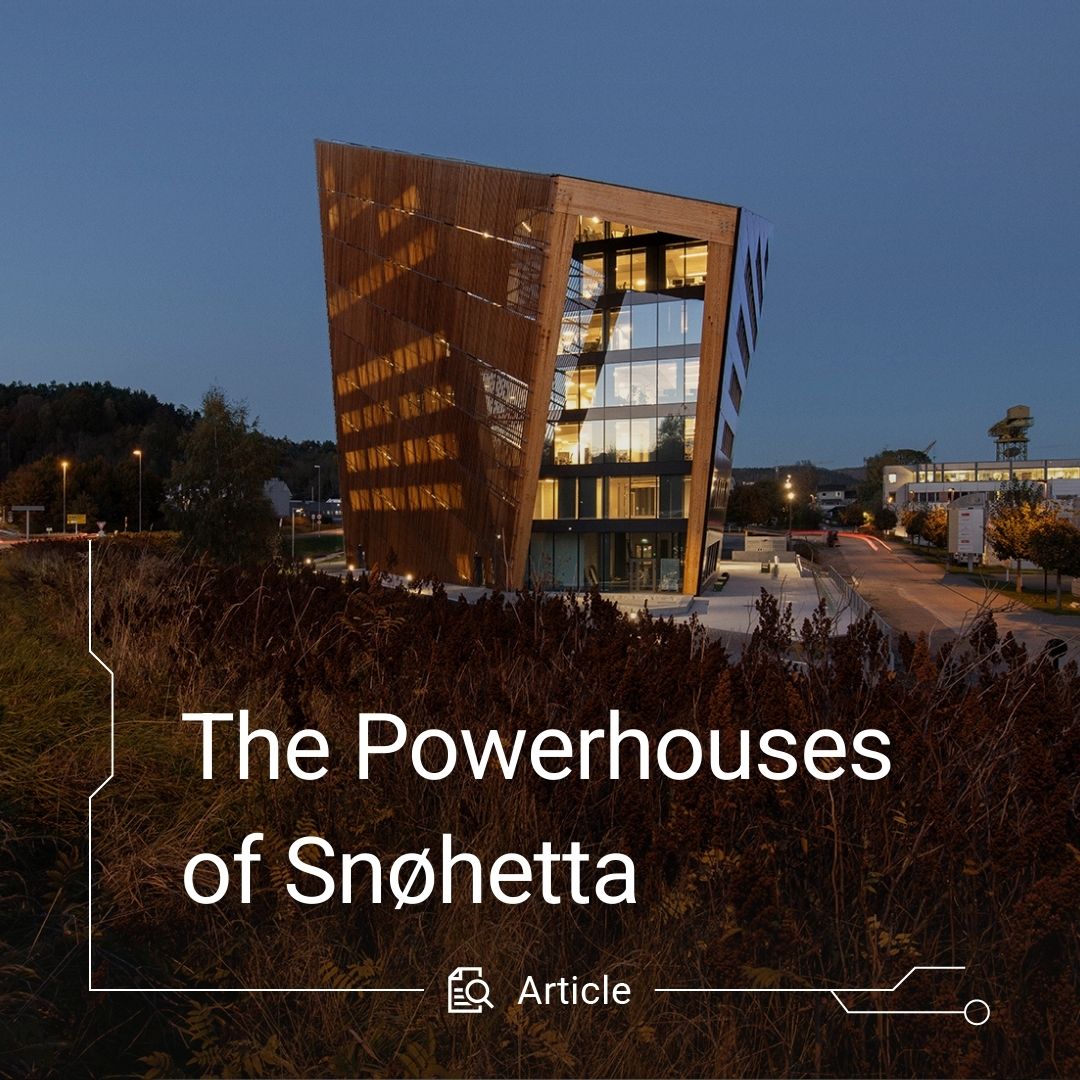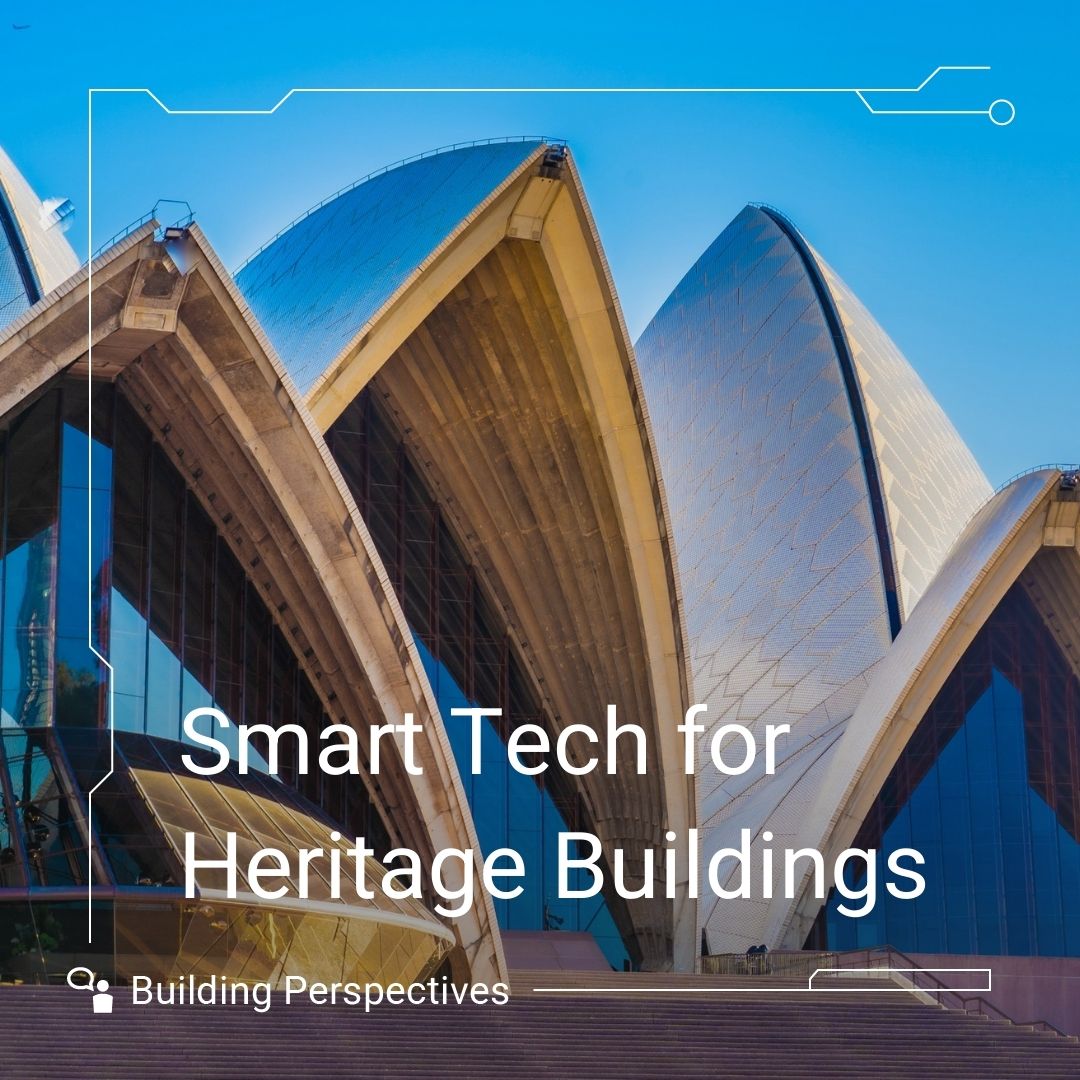Concepts like “Modular Living” and “Multipurpose Spaces” offer solutions to make cities adaptable and resilient, with an eye on disaster preparedness and environmental impacts. In this, the intelligent use of technology and the “Internet of Things” play a crucial role, helping to manage resources efficiently and improve quality of life.
In our interview, Raphael Shklarek sheds light on how modern buildings are no longer isolated units but interconnected living spaces—aligned with human, social, and ecological needs. Learn more about innovative approaches in building technology and their significance for the future of our cities.
Your consent is required
To view the video, you must give consent to our Brightcove video player in the privacy policy settings.
“Tomorrow’s buildings are like organisms—they communicate, learn, and adapt to their residents.”

Zukunftsinstitut
Future and trend research
The Zukunftsinstitut, founded in 1998, is a leading institution for trend and future research. Led by Harry Gatterer and Stefan Tewes, it combines empirical data analysis with strategic consulting and develops practical tools such as the Megatrend Map and the Future Room. Its mission is to provide companies with reliable guidance for future-oriented decisions—networked, applicable, and interdisciplinary.









